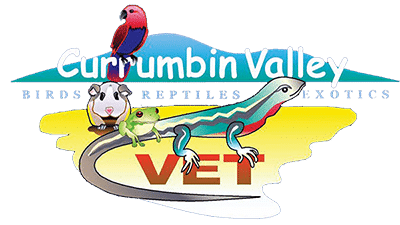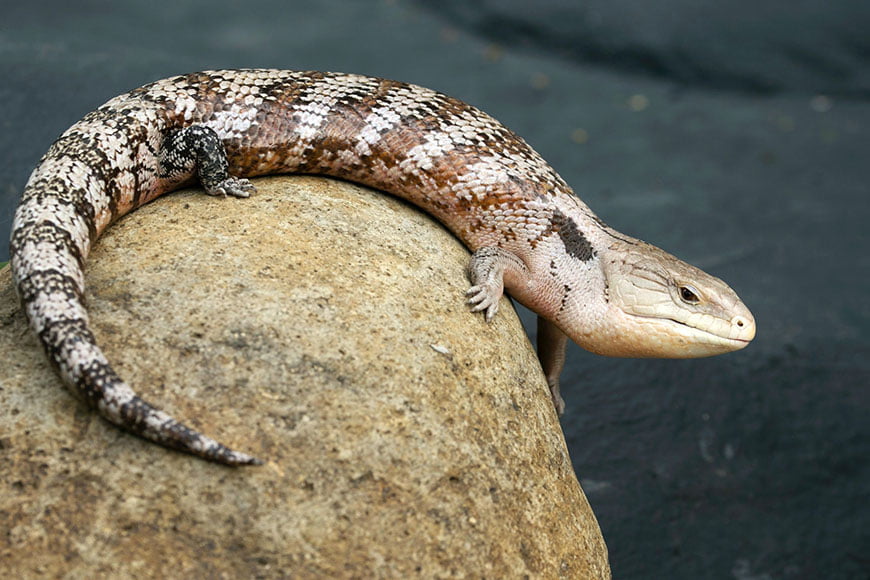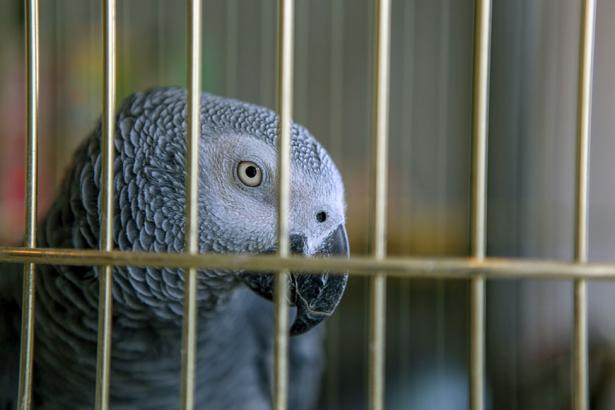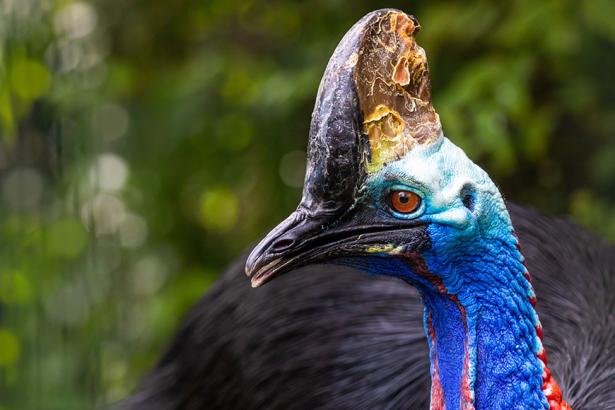Reptiles, like all pets, are susceptible to a range of health issues, many of which can be prevented with proper care and attention. Understanding the common health concerns in reptiles is imperative for ensuring their well-being and longevity. This article outlines some of the most prevalent issues reptile owners may encounter, along with tips for prevention and management.
Respiratory Infections
Respiratory infections are common health issues in reptiles and can arise from several housing-related problems, such as inadequate temperature gradients, improper humidity levels, and poor ventilation.
Symptoms to watch out for include laboured breathing, nasal discharge, lethargy, and loss of appetite. Open-mouth breathing or wheezing sounds may also be noticeable.
Persistent respiratory issues not only decrease the quality of life for the animal but, if untreated, can lead to severe illnesses like pneumonia. Reptiles require specific heat and humidity to maintain their immune function – deviations can impair their ability to resist infections.
Metabolic Bone Disease (MBD)
Metabolic bone disease is a notorious consequence of improper UVB lighting and dietary imbalances in reptiles, particularly in species that require high levels of UVB exposure for vitamin D3 synthesis.
This condition leads to weakened bones, fractures, deformities, and can be fatal. Symptoms of MBD include soft or rubbery facial bones, swollen limbs, and difficulty moving.
Regular monitoring of lighting systems, ensuring they emit adequate UVB levels and are replaced according to the manufacturer’s recommendations, is essential for prevention.
Parasitic Infestations
Inadequate sanitation and hygiene within the reptile’s enclosure can lead to parasitic infestations – as it would with any animal or human.
Internal parasites such as roundworms and protozoa or external parasites like mites and ticks can cause significant health problems, from weight loss and anaemia to secondary infections.
For instance, a heavy mite infestation can lead to anaemia and skin infections. Enclosures should be regularly cleaned and substrates changed to minimise the risk of infestation.
Dysecdysis (Abnormal Shedding)
Problems with shedding, known as dysecdysis, can indicate unsuitable humidity levels in the enclosure. In reptiles, especially snakes, it is vital for the shedding process to be complete to prevent constriction of blood flow and subsequent tissue damage.
Improper shedding can result in retained spectacles (eye caps) or skin, leading to infection or impairment of vision. Monitoring the humidity and providing features such as shedding aids in the enclosure can mitigate this issue.
Nutritional Deficiencies
Lack of access to proper nutrition, often a result of limited environmental enrichment or an incorrect diet, can lead to deficiencies with symptoms such as lethargy, loss of appetite, and poor growth.
For example, a deficiency in vitamin A can cause skin and eye problems, while a lack of calcium can contribute to metabolic bone disease. Enclosures should enable natural foraging behaviours, and diets must be tailored to the specific needs of the reptile species – you are responsible for your reptile, it can’t do this itself.
Thermal Burns
Thermal burns can occur if reptiles are allowed too close to heat sources without proper barriers or if heat sources are unregulated.
Burns may initially appear as discolourations or blisters on the skin, and severe burns can lead to systemic infection. Proper installation of heating elements and the use of thermostats and guards can help prevent these injuries.
Stress-Induced Disorders
A lack of security and privacy in the housing environment can lead to chronic stress, which may manifest in a weakened immune system and behaviour changes, such as aggression or decreased activity levels.
Providing adequate hiding places and visual barriers helps to reduce stress levels in captive reptiles.
Gastrointestinal Disorders
Dirty enclosures, stress from inappropriate temperatures, and impaction from unsuitable substrates can lead to gastrointestinal disorders – symptoms include vomiting, diarrhoea, or constipation. In severe cases, impaction can require surgical intervention.
To prevent such ailments, clean water should be provided at all times, temperatures should be strictly controlled, and substrates should be non-toxic and consistently cleaned or replaced.
Septicaemia
A systemic infection like septicaemia can result from untreated wounds, often linked to rough or inappropriate substrate or enclosure fixtures.
Signs to watch for include lethargy, lack of appetite, reddening of the skin or shell, and erratic behaviour. Maintaining a clean enclosure and conducting regular health checks can mitigate the risk of septicaemia.
Immediate veterinary attention is necessary when any signs of these health issues are observed. Early intervention can significantly improve outcomes.
In conclusion, preventing these complications through meticulous attention to housing setup, conditions, and routine husbandry is far more effective than treating conditions after they have manifested. A well-maintained enclosure, tailored to the species-specific needs, greatly reduces the risk of the aforementioned health issues and is essential for a thriving reptile companion. By staying vigilant and proactive, reptile owners can ensure their pets enjoy long, healthy lives.






1 Comment
Comments are closed.